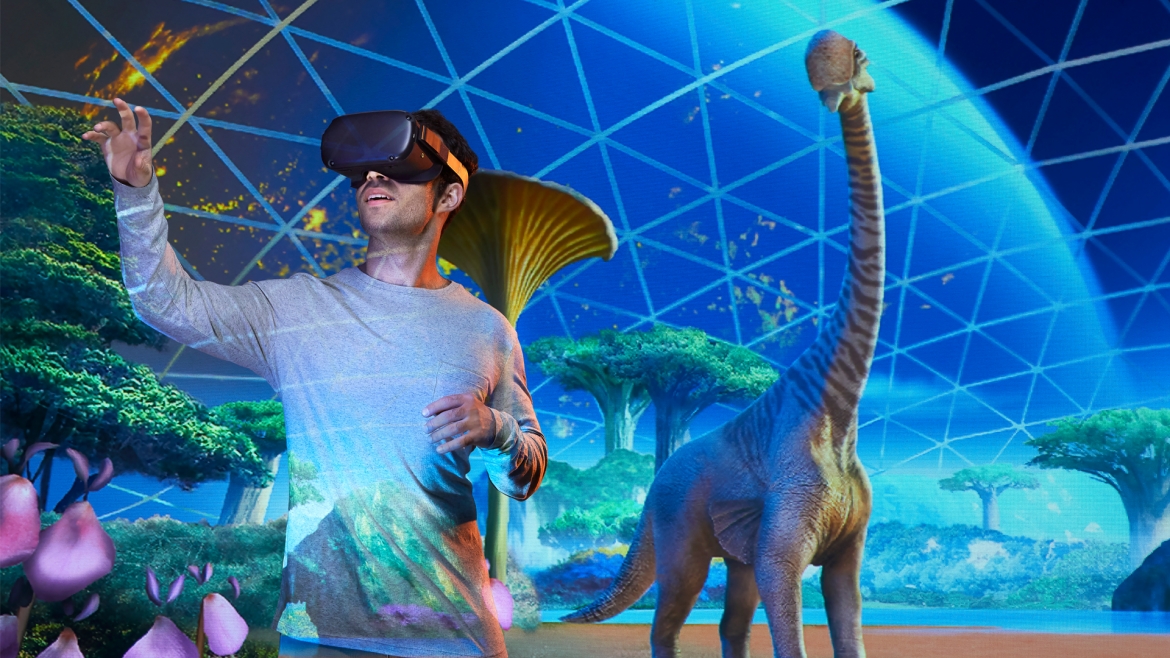Immersive Worlds: Exploring the Impact of Virtual Gaming on Society
Virtual gaming, once confined to niche communities, has transcended boundaries to become a mainstream phenomenon. Beyond providing entertainment, virtual gaming has woven itself into the fabric of society, leaving a profound impact on various aspects of human life. This immersive experience, now accessible to millions, has sparked discussions on culture, economy, education, and even mental health, reshaping the way we perceive and interact with the world.
Cultural Influence and Identity
Virtual gaming has become a rich tapestry of cultures and identities. Players from different parts of the world interact within the same virtual worlds, sharing experiences and perspectives. Games often incorporate diverse characters and storylines, fostering empathy and understanding among players. This cultural exchange not only enriches the gaming experience but also contributes to breaking down real-world cultural barriers, promoting tolerance and acceptance.
Economic Implications: Gaming Industry and Virtual Economies
The gaming industry has burgeoned into a multi-billion dollar enterprise. Game developers, hardware manufacturers, and content creators form a robust ecosystem, driving innovation and economic growth. Moreover, virtual economies within games have given rise to real-world transactions. Players buy, sell, and trade virtual assets, creating a market that mirrors real-world economics. This phenomenon has led to the emergence of virtual entrepreneurs and even full-time careers within gaming, altering traditional views on labor and income sources.
Education and Skill Development
Virtual gaming has found a place in education, revolutionizing the learning experience. Educational games teach subjects ranging from mathematics to history in engaging, interactive ways, making learning enjoyable for students. Additionally, multiplayer games enhance teamwork, strategic thinking, and problem-solving skills. Esports, competitive gaming at a professional level, has created opportunities for scholarships and sponsorships, incentivizing young talents to hone their skills and pursue education in tandem with their passion for gaming.
Mental Health and Social Connections
Contrary to the stereotype of gamers as isolated individuals, virtual gaming has become a platform for social interactions. Online multiplayer games foster communities where players collaborate, compete, and form friendships. For individuals dealing with social anxiety or depression, these virtual connections can be vital lifelines. Moreover, gaming serves as an outlet for stress relief, offering immersive worlds where players can escape real-world pressures temporarily.
Ethical and Psychological Considerations
The immersive nature of virtual gaming raises ethical questions regarding player behavior and psychological well-being. Game designers must consider the impact of violent or addictive gameplay on players. Moreover, issues like gaming addiction and excessive screen time have prompted discussions about responsible gaming habits. Balancing the allure of virtual worlds with the need for moderation and self-awareness is a challenge society continues to grapple with.
In essence, the impact of virtual gaming on society is multifaceted, weaving through various aspects of human life. From cultural exchange to economic growth, from education to mental health, virtual gaming has become a force that shapes and reflects our society’s values and aspirations. As technology continues to advance, so too will the influence of virtual gaming, offering endless possibilities for the future of entertainment, education, and social connection.

